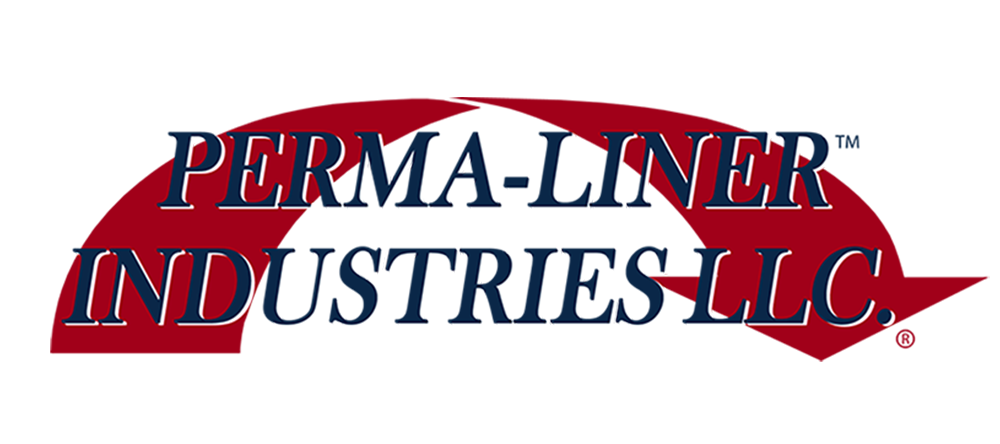Many Midwestern cities have buckled down on preventing sewer overflows as this inconvenience can create a tall order for homeowners and those who oversee the functionality of the sewer systems. Indiana is one such state and is home to many interesting historical museums and places to sightsee. There’s even cross country skiing for the outdoor enthusiast. It also has more miles of highway per square mile than any other state. That means there are miles and miles of underground sewer infrastructures, as well. Recently, the completion of an expansive sewer lining project in a residential area of Crown Point was completed successfully and with the express intent to prevent inflow and infiltration into the Crown Point sanitary sewer system, as well as, reduce flooding in residents’ yards and homes. The project involved lining roughly 1,600 feet of existing sanitary sewer lines which were installed over forty years ago.
Residents have been concerned that in the event of a heavy rain event, sanitary sewer water mixed with storm water would enter their homes from the toilet. In the past, some homes were built without storm sewers. Residents would keep their own lawns from flooding by attaching their downspouts into the sanitary sewers. Over the years the sanitary sewer lines deteriorated. Storm water that was not directed away by storm sewer lines managed to infiltrate the sanitary sewer lines causing overloads. Fortunately, the recently completed project will help reduce potential groundwater pollution from the leaking sewer system and reduce cases of sanitary sewer backups. Many residents in areas of the city where there are no storm sewers, were able to purchase special valves and have them installed by certified installers to help relieve back-ups in the sanitary sewer lines. For recommendations on the best-certified installer in your area, call Perma-Liner Industries or go online to www.perma-liner.com / 1-866-336-2568. We’ll give you the best, most qualified installer to save you money and time.
As winter approaches, here are some helpful tips to remember: if your water pipes freeze, shut off the water at the main source- this can minimize the damage to your home. Call a plumber and contact your insurance agent. Never try to thaw a frozen pipe with an open flame or torch. And always be careful of the potential for electric shock in and around standing water.











